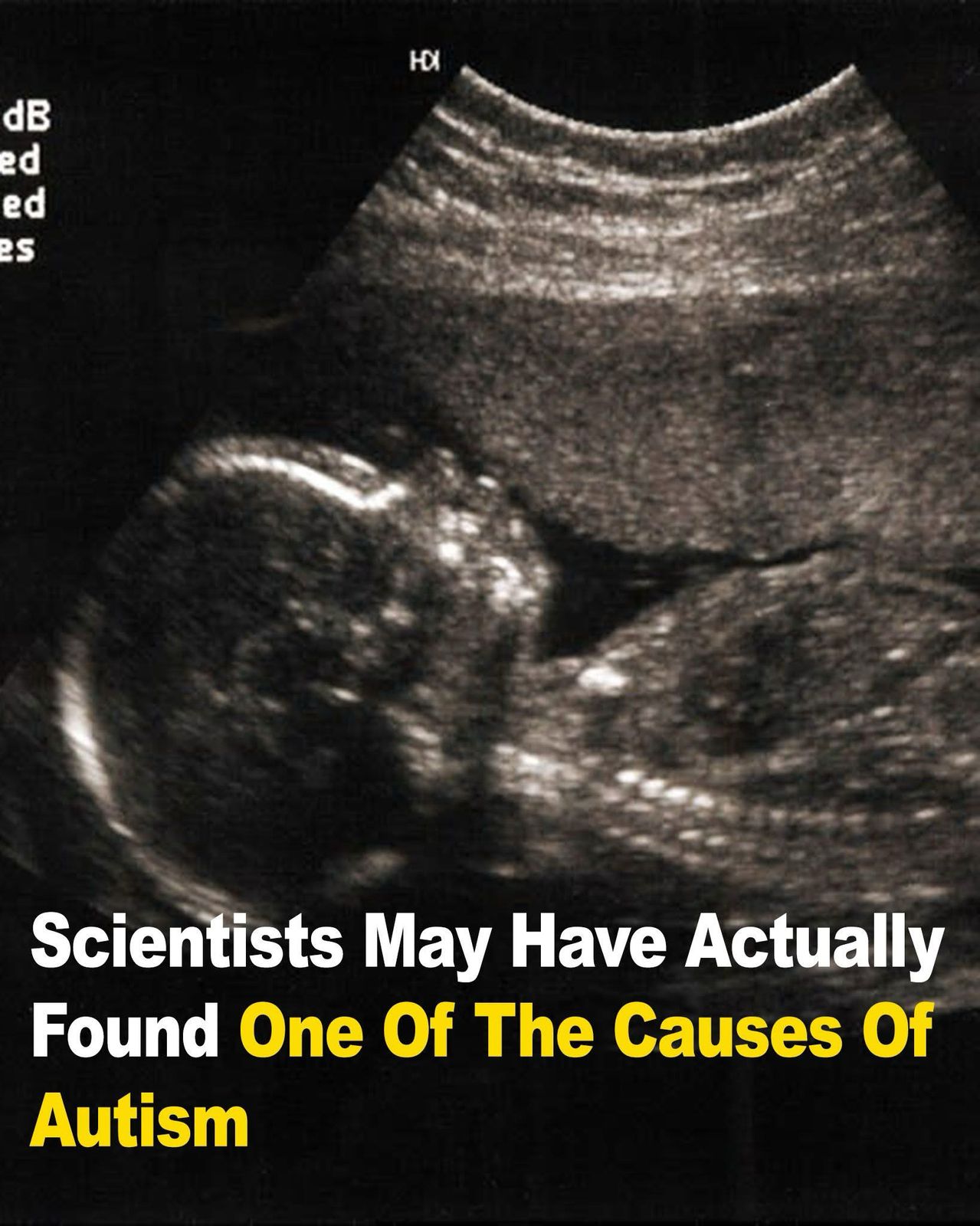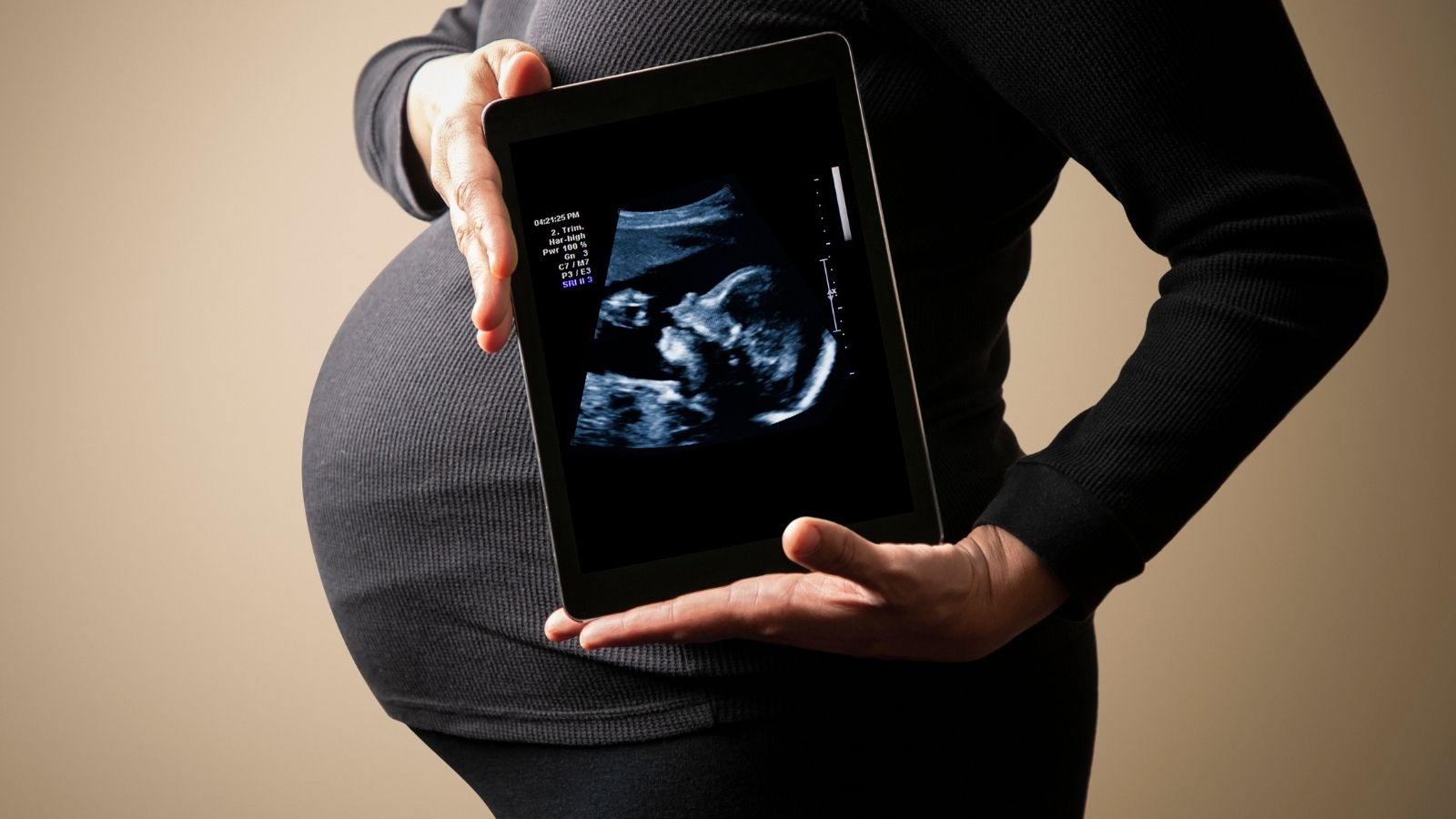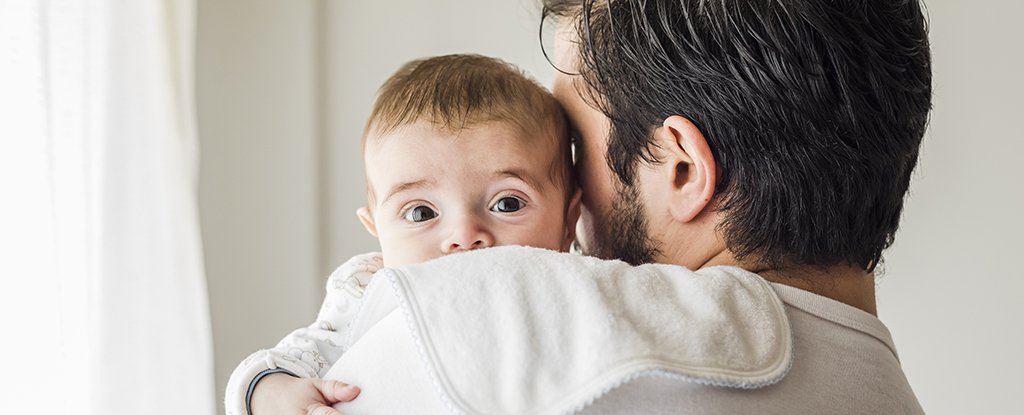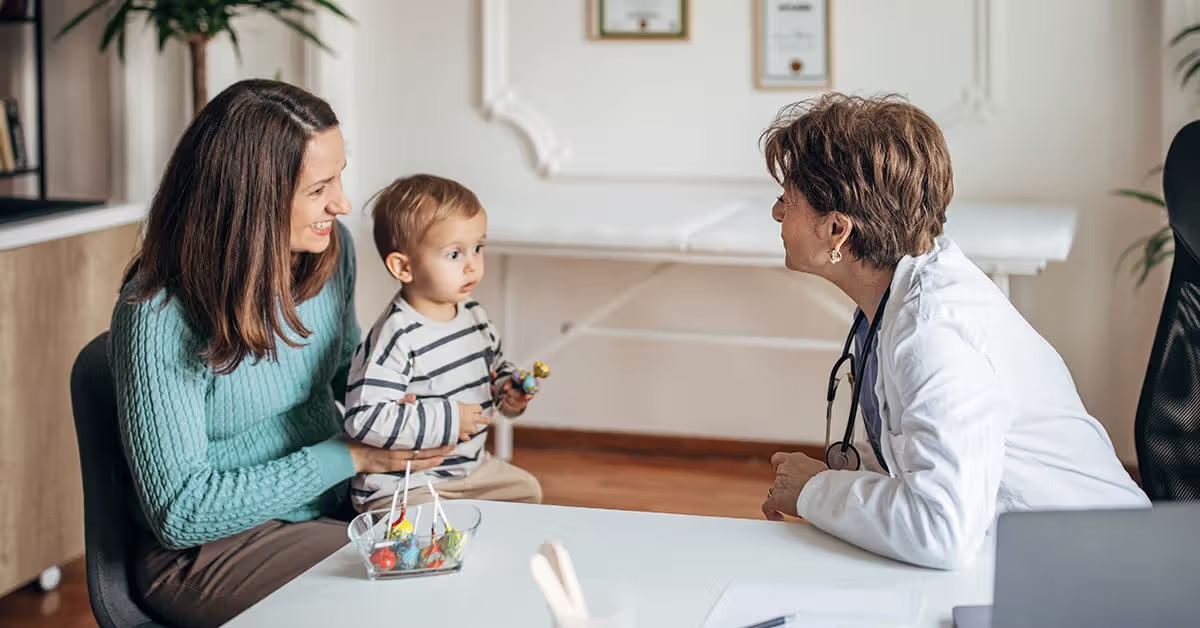
In recent years, an increasing amount of research has been highlighting the crucial role our gut microbiome plays in our overall health. It influences everything from our reactions to fear and negative stimuli, to our weight and mental well-being, and even impacts whether we develop autoimmune conditions like lupus and type 1 diabetes.
Now, a new study published in The Journal of Immunology has uncovered a connection between the gut microbiome and autism, based on animal studies. However, researchers clarify that it’s not our own microbiome that influences whether or not we develop autism — it’s actually our mother’s.

“The microbiome can shape the developing brain in multiple ways,” John Lukens, lead researcher and PhD student from the University of Virginia School of Medicine, said in a statement.
“The microbiome is really important to the calibration of how the offspring’s immune system is going to respond to an infection or injury or stress.”

When it comes to autism, the connection may lie with a specific molecule known as interleukin-17a (or IL-17a), which is produced by the immune system. This molecule has already been linked to autoimmune conditions like rheumatoid arthritis, multiple sclerosis, and psoriasis. It’s also known for playing a key role in defending the body against infections—especially fungal ones. Interestingly, IL-17a may also affect how the brain develops before birth.
To explore their theory that IL-17a might be a trigger for autism, researchers conducted tests using lab mice. They brought in female mice from two different labs: one group had gut microflora that made them more likely to have an inflammatory response triggered by IL-17a, while the control group—sourced from the second lab—did not show that same sensitivity.

When the IL-17a molecule was intentionally blocked—thereby halting the inflammatory responses it triggers—the offspring of both groups of mice were born displaying typical, healthy behaviors. However, when no intervention was made and things were allowed to proceed naturally, the pups born to mothers in the first group went on to show signs of an autism-like neurodevelopmental disorder, marked by changes in social behavior and repetitive actions.
To test whether the unique gut microbiome of the first group was the cause, the researchers conducted a fecal transplant. They transferred fecal matter from the first group to mice in the second group, essentially altering the microbiome of the second group to match the first. As anticipated, the pups in the second group subsequently developed similar autism-like neurodevelopmental symptoms.

These are still early-stage studies and might not directly apply to human pregnancies, but they open up an intriguing path for autism research. They also offer compelling evidence that a mother’s gut health could play at least a partial role in the development of neurodevelopmental conditions.
According to Lukens, the next step is to investigate whether similar patterns can be found in humans and to identify what specific elements in the mother’s microbiome may be linked to autism. He also noted that there are a number of other molecules worth looking into, adding that IL-17a could be just one small part of a much more complex picture.

